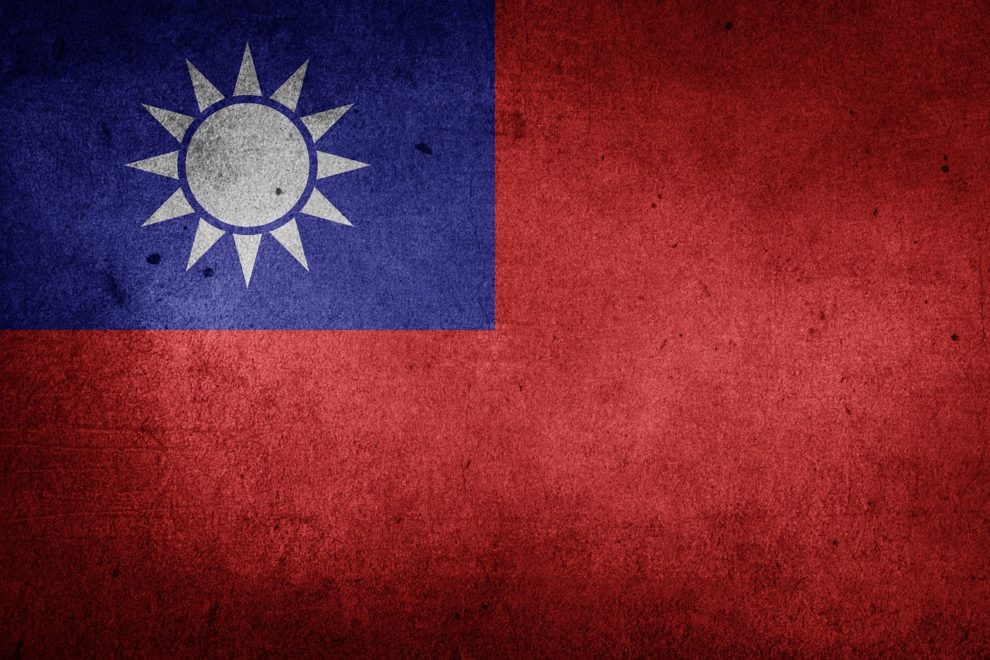Presidential candidate Ko Wen-je has sought to portray himself as an alternative to Taiwan’s more established leaders, proposing what he calls a “pragmatic” approach to China ties that might attract some younger voters.
China claims self-ruled Taiwan as its own and has repeatedly vowed to seize it one day, by force if necessary.
Taiwan’s ruling Democratic Progressive Party (DPP), which defends the island as sovereign, has described the January 13 election as a choice between “democracy or autocracy”.
Its main opposition, the Kuomintang (KMT), is more open to ties with Beijing and has branded itself as the “party of peace” with China.
Ko, a former surgeon-turned-Taipei mayor and the main challenger to the island’s two dominant parties, told AFP he sees himself as a “reasonable, pragmatic” outsider.
“A great many middle voters, especially young people, cannot stand the blue and green parties anymore,” he said, referring to the island’s leading parties, in an interview held at his campaign headquarters in New Taipei City.
“In the past 30 years, the ideologies of (declaring) independence or unification (with China) have divided Taiwan,” he said, adding that he believes many islanders would rather focus on “our real problems”.
Ko pointed to a string of issues, naming water, land and work shortages among them, but would not be drawn on discussing concrete policies.
His brash rhetorical style has won him some support — especially from younger voters — but critics say he has flip-flopped on issues depending on his audience.
His comments on women and LGBTQ people in one of the only territories in Asia-Pacific where same-sex couples have marital rights have also sparked controversy.
And last month, his outsider image was dented when he entered into a tentative alliance with the KMT.
The unity bid collapsed over a disagreement on who would head the presidential ticket, resulting in a public argument waged in front of Taiwan’s bemused press corps.
Polls see-saw on voters’ approval for Ko — putting him either second or third in a three-horse race, with the DPP in first place — but his rallies appear to pull supporters of all ages, including younger voters who have previously voted for the ruling party.
“I feel like there’s been no change (under the DPP’s administration) and it’s been eight years,” 29-year-old Abby Cheng, who works in sales for a tech company, said at a recent rally.
The Taiwanese Public Opinion Foundation pollster branded the rise of Ko’s party “truly phenomenal”, while political scientist Wen-ti Sung said a strong third party in Taiwan could force a more meaningful policy debate between the two main parties.
“However, that’s not what we have,” Sung told AFP. “No, it’s just about simple, anti-establishment populism… that lets people let off steam.”
